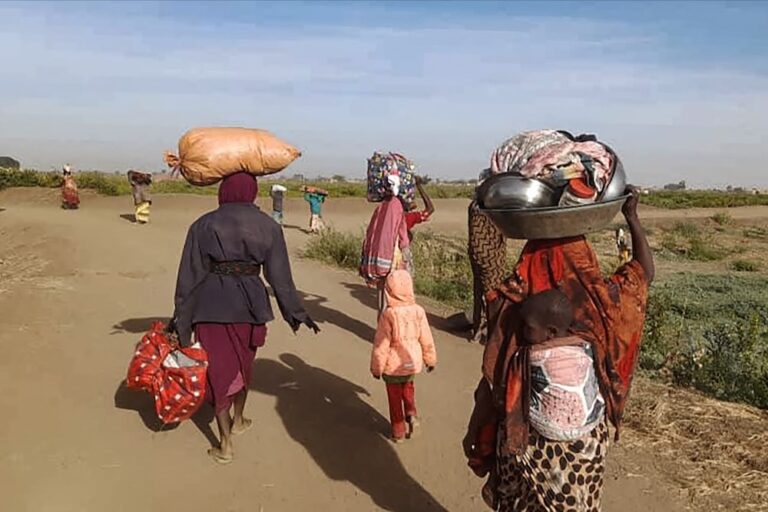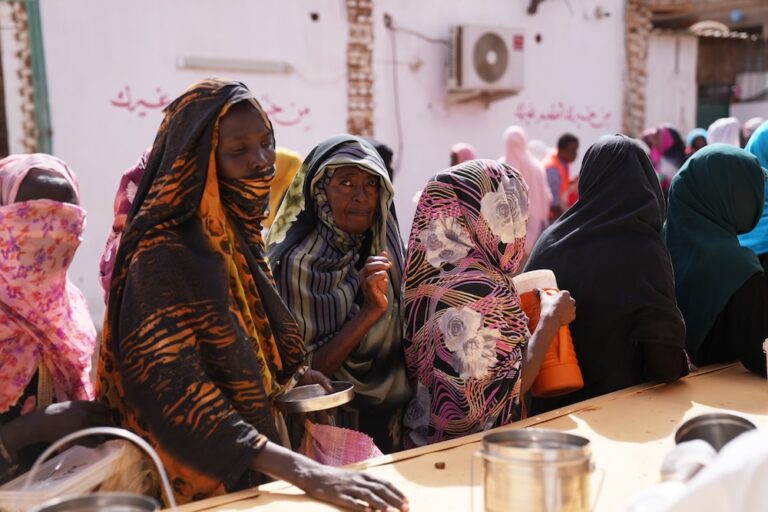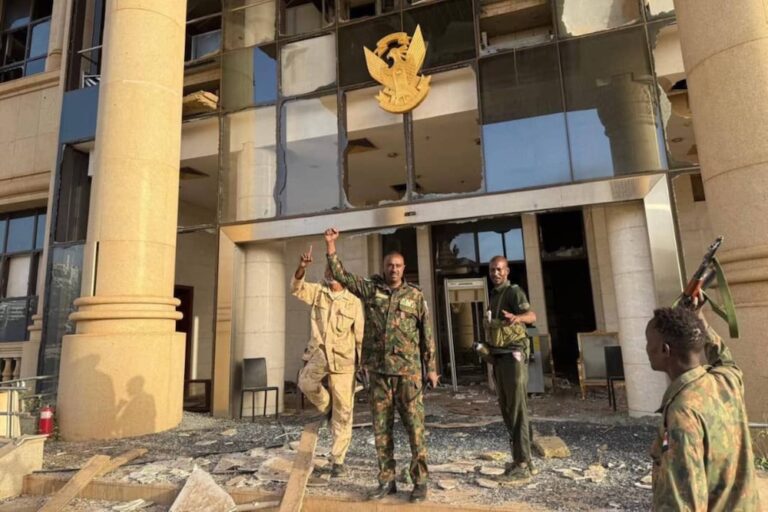Mohammed Arku was arrested by South Sudan's security services for taking photos without government permission, although the area where he was arrested is not a militarised one.
(RSF/IFEX) – As South Sudan prepares to become officially independent in July 2011, Reporters Without Borders is appalled by recent developments affecting press freedom and appeals to the new country’s president, Salva Kiir Mayardit, to release the Darfuri journalist Mohammed Arku without delay.
Employed by Sudan Radio Service, Arku was arrested by South Sudan’s security services in Wau on 11 May for taking photos without government permission, although the area where he was arrested is not a militarised one. He was transferred on 24 May to Juba, South Sudan’s capital. Sources have told Reporters Without Borders he may have been tortured physically and mentally.
“We are concerned for Arku’s health and call for his immediate and unconditional release,” Reporters Without Borders said. “The arbitrary nature of his arrest, the failure to provide his colleagues with any information, and now the possibility of mistreatment all reflect the prevailing impunity in a country where the security forces seem to be free to arrest journalists at will. The abuses against journalists and news media by the South Sudanese security forces must stop. To this end, we urge the authorities to fill the legal void surrounding the media’s status by quickly adopting a law that clearly and explicitly ensures the existence of a free and independent press and offers guarantees for the safety of journalists.
“With just over a month to go to South Sudan’s independence, the world’s eyes are turned on this country. We remind President Mayardit, who is also Sudan’s vice-president, that his people have considerable and legitimate expectations as regards their rights and freedoms.”
Journalists are often harassed, interrogated or detained in South Sudan but the conditions in which Arku is being held and his possible mistreatment indicate that this is more than a routine case of harassment. The authorities say he had several different versions of his identity papers but no valid charge has been brought against him.
Isaac Vuni, a freelance journalist who used to work for South Sudan’s information ministry, was held from 28 March to 2 May. His arrest by the Juba police was carried out with the utmost secrecy and there was no news of him for a long time. While working for the “Sudan Tribune”, he was detained and mistreated at Juba police headquarters on 29 July 2009 after writing an article blaming members of the Sudan People’s Liberation Army and the South Sudan government for problems at Nile Commercial Bank, a local privately-owned bank.
( . . . )
No improvement in the north
Meanwhile, the press freedom situation is as bad as ever in the north of the country, where the government in Khartoum and the National Intelligence and Security Services (NISS) continue to use arbitrary arrests, intimidation and seizures to control and censor the media.
In one of the latest cases, newspaper reporter Abulgasim Ibrahim was detained for several hours on 17 May on the orders of finance minister Ali Mahmoud El Rasoud, who reacted angrily when Ibrahim produced compromising financial documents during an interview. The minister accused Ibrahim, whose newspaper, “Al-Sudani Daily”, supports the ruling National Congress Party, of gaining access to documents from his office without his permission.
Two journalists – Mohamed Alfatih Himma of “Al-Midan” (an opposition paper published by the Sudanese Communist Party) and Rashan Owshi of “Al-Tayar Arabic Daily” – were arbitrarily detained at a checkpoint at Jabal Awlia on 14 May, interrogated by military intelligence for seven hours about their return route to Khartoum from Kadugli, in South Kurdufan state, and then handed over to the police.
No explanation was given for their arrest, but it was thought to be linked to their coverage of governor Ahmed Haroun’s reelection in polling held from 2 to 4 May in South Kurdufan, which is claimed by both northern and southern Sudan. When all of the copies of the Sunday edition of “Al-Tayar Arabic Daily” were seized by the security forces on 1 May, editor Osman Murghni said the aim was to manifest the government’s displeasure with its coverage of the election in this sensitive region.
( . . . )


